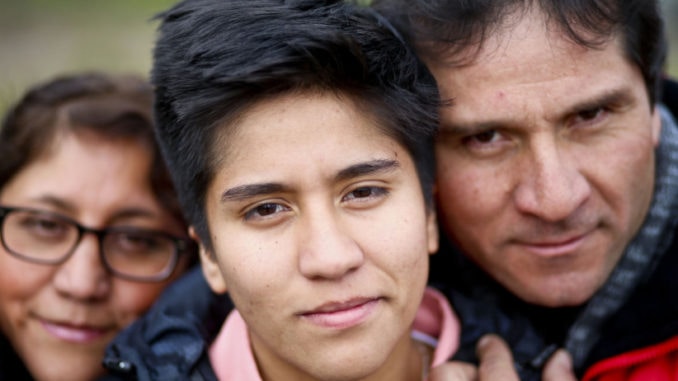
SANTIAGO – Chile’s Supreme Court gave this Wednesday approved a transgender person’s request to change their name and registered gender “without needing any surgical intervention”, as provided by international treaties in force that the country has ratified.
The majority decision (4-1) of the IV Chamber of the Chilean Supreme Court overturned an earlier decision of the Court of Appeals of Santiago, which had rejected an appeal filed by a transsexual person, whose identity is kept in reserve in the text of the sentence.
A bill that would give adults the right to change the gender listed on their official records has stalled in Congress. The measure is facing challenges from the Roman Catholic Church.
Conservative lawmakers say they would approve the bill as long as it excludes underage minors and teenagers.
Oscar winning Chilean actress speaks of transgender inequalities
The Wednesday’s judgment adds that these obligations bind all the organs of the State, and that “the exercise of sovereignty recognizes as a limitation respect for the essential rights emanating from human nature.”
The Supreme Court also recalls that “the international obligations that Chile has contracted include the prohibition of discrimination based on gender identity, including the right to health, physical and mental integrity and privacy.” Accordingly, the ruling states in its operative part, “the State must facilitate the change of name and registration sex, without conditioning to a surgical intervention or hormonal treatment.”
Anti-trans children rights ‘Freedom Bus’ sparks scuffle in Santiago
The sentence represents an important judicial victory for the LGBTI community (lesbian, gay, bisexual, trans and intersex), who suffer different forms of discrimination and violence in many parts of Latin America and around the world. The trans collective is particularly vulnerable and it is estimated that their life expectancy in the Latin American continent is around 35 years.
The Chilean Parliament is currently debating various projects related to the rights of sexual minorities, including one on gender identity, to allow the change of name and registration sex; and another that proposes to open the right of adoption to same-sex couples.



